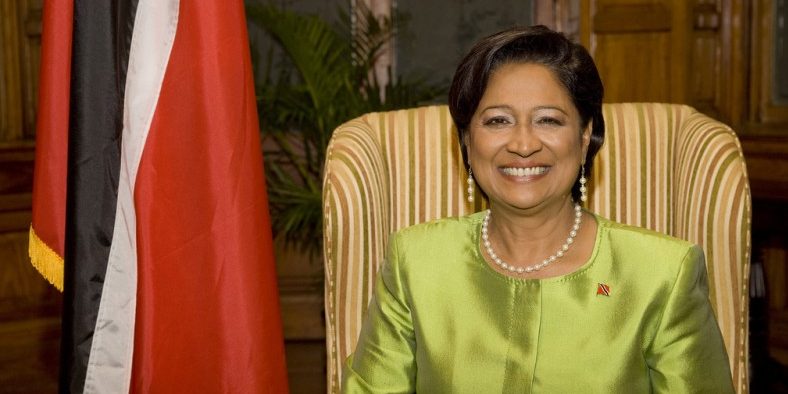Governing Trinidad and Tobago has become increasingly challenging due to the nation’s shifting economic landscape and evolving societal expectations. Once heavily reliant on its abundant oil and gas reserves, Trinidad and Tobago enjoyed a period of substantial wealth, boasting one of the highest GDPs and standards of living in the English-speaking Caribbean. This wealth translated into a lifestyle that many citizens came to expect and enjoy, with multiple car households, property ownership, and regular vacations abroad becoming the norm.
However, with the depletion of these once-plentiful oil and gas reserves and the closure of the Petrotrin refinery, the country faces significant economic constraints. Foreign exchange is no longer as readily available, and the revenue streams that once supported a luxurious lifestyle have dwindled. Yet, the expectations of citizens remain high. Many Trinidadians still anticipate the same level of government support, social benefits, and quality of life they once enjoyed, even as the economic reality shifts.
This disconnect between what the population expects and what the economy can currently provide creates a unique governance challenge. Leaders must navigate the difficult task of managing public expectations while implementing fiscal measures to stabilize the economy. The country’s high standard of living, once fueled by lucrative oil revenues, is now at odds with the current economic constraints.
As a result, governing Trinidad and Tobago requires a delicate balance between austerity measures and social welfare policies, all while striving to diversify the economy and reduce dependency on the energy sector. The transition from an oil-based economy to a more diversified one is fraught with difficulties, especially when citizens are resistant to changes in their accustomed quality of life.
This is the urgent challenge now facing the incoming United National Congress (UNC) government under Prime Minister Kamla Persad-Bissessar. Her administration must confront a country grappling with economic contraction, foreign exchange shortages, and a population still clinging to the privileges of the past. Crafting effective policies that respond to this new reality—without alienating a population still anchored to oil-era expectations—will define the success or failure of her government.
Ultimately, the challenge of governing Trinidad and Tobago lies in bridging the gap between these high expectations and the new economic reality, ensuring that the nation can adapt and thrive in a post-oil era. For the UNC government, this means embracing bold economic reforms, rebuilding public trust, and guiding the country toward a sustainable and inclusive future.

